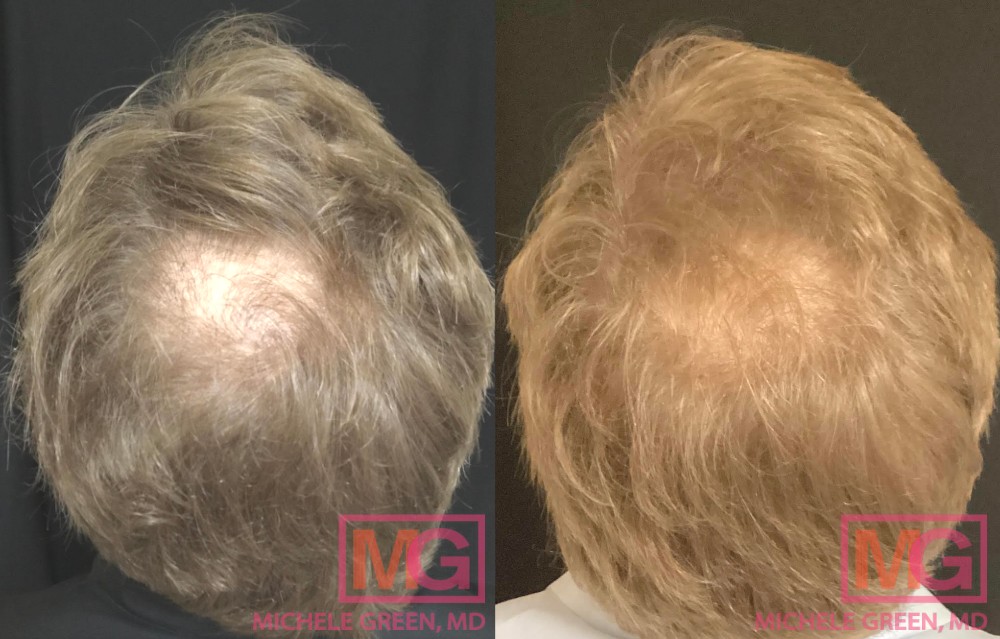Aoteng Insights
Your go-to source for the latest trends and insights.
Hair Today, Gone Tomorrow: The Truth About Hair Loss
Discover the shocking truth about hair loss! Uncover causes, treatments, and expert tips to reclaim your confidence today.
Top 5 Myths About Hair Loss Debunked
Hair loss is a common concern that affects millions of people worldwide, yet several misconceptions persist. One prevalent myth is that hair loss only affects older adults. In reality, people of all ages can experience thinning hair or balding due to genetics, hormonal changes, or medical conditions. Another popular myth is that wearing hats can lead to hair loss. This is false; hats do not stop the scalp from breathing nor do they contribute to hair fall. The only way headwear can affect hair is if it causes undue tension on the strands, leading to conditions like traction alopecia.
Many believe that hair loss is solely caused by stress. While chronic stress can contribute to certain types of hair loss, such as telogen effluvium, it is not the only factor at play. Nutritional deficiencies, hormonal imbalances, and even certain medications can significantly impact hair health. Lastly, a widespread myth is that hair loss treatments are ineffective. In truth, while results may vary, numerous scientifically-backed treatments, including minoxidil and finasteride, have proven successful for many individuals looking to combat hair loss.

Understanding the Different Types of Hair Loss: Causes and Treatments
Hair loss can affect anyone, regardless of age or gender, and understanding the different types of hair loss is essential for effective treatment. The most common categories include androgenetic alopecia, also known as male or female pattern baldness, which is hereditary and usually follows a specific pattern. Other types include telogen effluvium, a temporary condition often triggered by stress, hormonal changes, or illness, and alopecia areata, an autoimmune disorder that results in patchy hair loss. Identifying the type of hair loss is crucial, as each type has unique causes and treatment options.
Treating hair loss requires understanding the underlying causes and selecting the right approach. For instance, topical treatments like minoxidil can be effective for androgenetic alopecia, while hair transplant surgery offers a more permanent solution. For those experiencing telogen effluvium, addressing the stressor or underlying health issues can often restore hair growth. It's important to note that results vary from person to person, and consulting a healthcare professional is advisable before starting any treatment plan for hair loss.
Is Stress Causing Your Hair Loss? Discover the Connection
The connection between stress and hair loss is a growing concern for many individuals. Stress can trigger a variety of conditions such as telogen effluvium, where hair prematurely enters the resting phase of the growth cycle, leading to noticeable thinning. This psychological and physical stress activates a cascade of hormones that can negatively impact the hair follicles, resulting in increased hair shedding. It's essential to recognize the signs of stress-related hair loss and take proactive steps to manage your stress levels effectively.
Addressing stress not only benefits mental well-being but can also promote healthier hair growth. Techniques such as mindfulness meditation, regular exercise, and maintaining a balanced diet rich in vitamins and minerals play crucial roles in reducing stress. Additionally, consulting with a healthcare provider can help identify specific stressors and develop tailored strategies to combat their effects. Understanding how to manage stress can be a vital step on the journey to restoring your hair’s vitality.